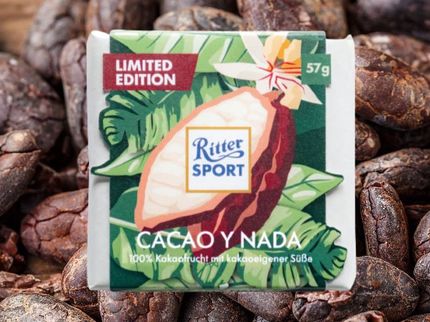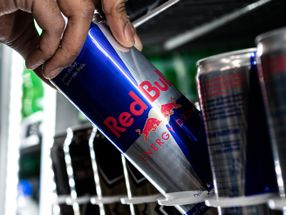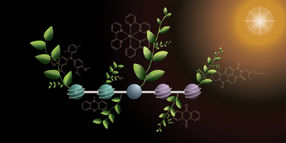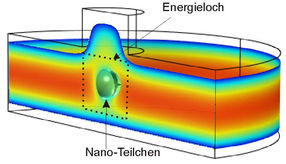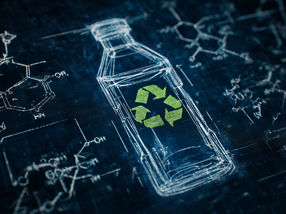Confusion about Ritter Sport product: chocolate or not?
In the battle for the sovereignty of interpretation, the smallest details are now at stake between Ritter Sport and several authorities.
Advertisement
Can a chocolate without conventional sugar actually be called chocolate? Manufacturer Ritter Sport has caused irritation with its announcement that it intends to launch a chocolate on the market that may not formally be called such in Germany. After the Federal Ministry of Nutrition, the Ministry of Consumer Protection in Baden-Wuerttemberg, which is responsible for food control, also contradicted the company's statement on Thursday. Two lawyers interviewed by the Deutsche Presse-Agentur, in turn, supported the company's argumentation, which itself did not want to deviate from its position when asked.
Ritter Sport had communicated on Monday, a new chocolate-similar product with the name Cacao y Nada consists only of cocoa and contains no sugar. Instead, natural cocoa juice, which is extracted from cocoa fruit on a plantation in Nicaragua, is used to
sweeten the product. However, the German regulation on cocoa and chocolate products of 2003 states that a
product may only be described as chocolate if, in addition to ingredients such as cocoa mass, cocoa powder and cocoa butter, it also contains 'types of sugar'.
The regulation specifically states that chocolate is a "product made from cocoa products and sugars". In addition, the paper - a sort of legal recipe book - states, "Sugars for the purposes of this regulation include products other than those listed in the Sugars Regulation."
The Sugar Type Regulation does not mention the cocoa plant, but an EU implementing regulation from November does. The company refers to this: Through this new paper, the juice of the cocoa fruit is now approved as a food in the EU.
However, the sweetening product obtained on the plantation does not contain the required sugar content, which would be necessary according to this regulation for recognition as a type of sugar under food law.
This interpretation is contradicted by the Ministry of Consumer Protection from the Southwest. The decisive factor is the Cocoa Ordinance, in which there is no clear definition of the term "types of sugar". "Types of sugar in the
sense of this regulation are also products other than those listed in the sugar type regulation," the ministry also said. Since, according to the manufacturer, natural cocoa juice is used as a sweetening component in the product, the product can therefore "according to our assessment and that of our experts and on the basis of the information known to us on the ingredients, also under already expressed the Federal Ministry of Food.
In contrast, Hamburg-based food law expert Andreas Schulte told dpa that Ritter Sport's legal assessment is likely to be correct. "My assessment is that the company is probably not allowed to call its product chocolate." The consumer idea is important in this context - "and people just think with a chocolate that there must be sugar in it, among other things." Katharina Gitmann-Kopilevich, a food lawyer from Hanover, took a similar view of the situation. She said that if Ritter Sport's sweetener did not contain the minimum sugar content set out in the EU regulation, then by definition it would tend not to fall under a type of sugar. "To that extent, Ritter Sport was right to assume that it could not call the product chocolate."
Ritter Sport itself also stood by its legal interpretation when asked on Thursday. The accusation of having made a PR stunt, a spokeswoman rejected. Of course, the case had been examined "very intensively" before going public. After reviewing all the regulations, the conclusion was reached that the new product could not be called chocolate. This view has not changed.
Chocolate from Ritter Sport is sold in more than 100 countries. The company has had to cope with declining sales in each of the past two years, still generating 470 million euros in 2020 and employing around 1650 people worldwide.
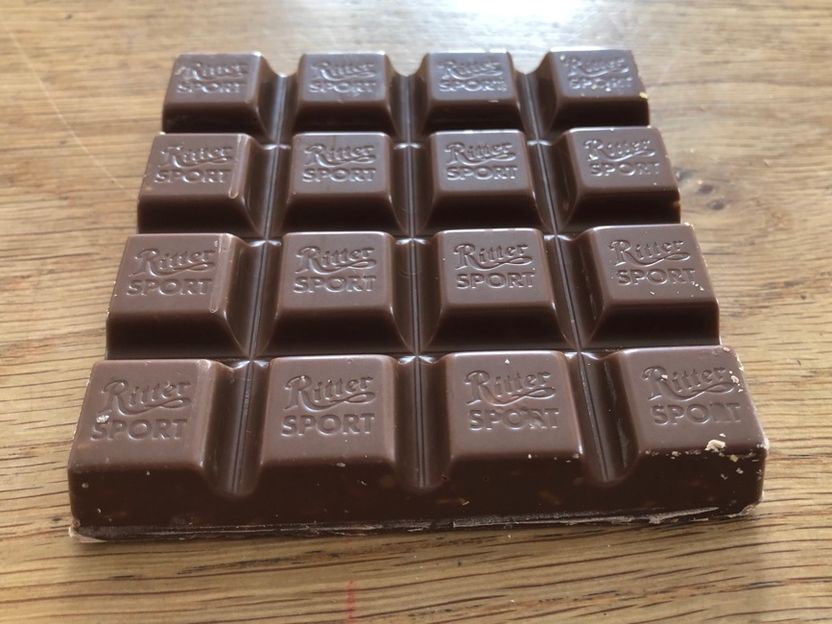
Lotta Schmid
Note: This article has been translated using a computer system without human intervention. LUMITOS offers these automatic translations to present a wider range of current news. Since this article has been translated with automatic translation, it is possible that it contains errors in vocabulary, syntax or grammar. The original article in German can be found here.



